A fair and transparent trial is necessary to ensure accountability
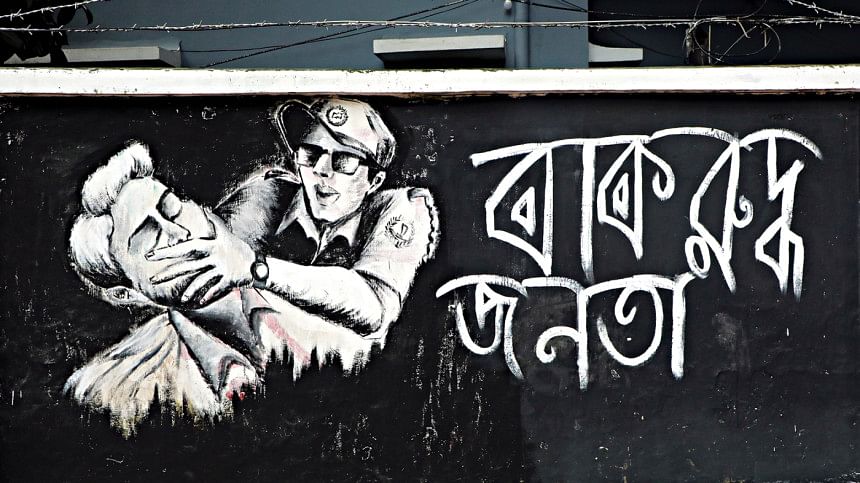
The Daily Star (TDS): What is the current status of human rights in the country, and what urgent issues need to be addressed?
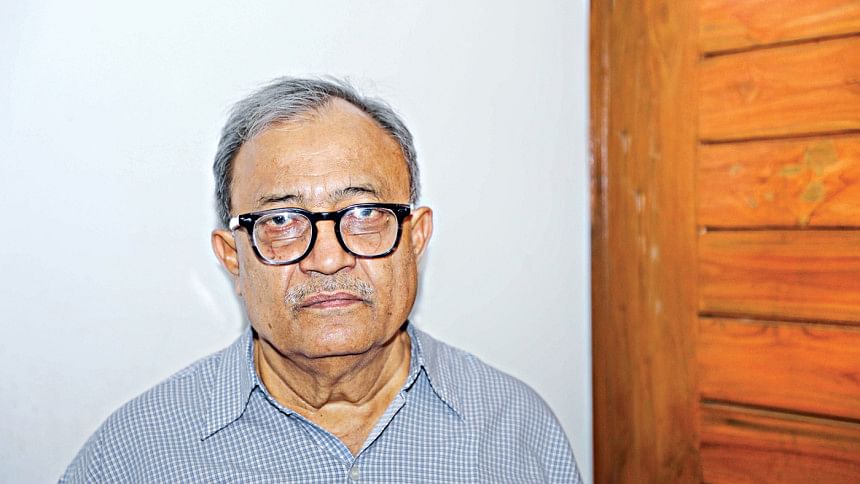
Noor Khan Liton (NKL): Over the last 15–16 years, the country has experienced a period marked by authoritarian rule. In an effort to maintain their grip on power, the ruling regime resorted to various oppressive measures, including enforced disappearances, extrajudicial killings, persecution, systemic corruption, and the silencing of dissenting voices. Thousands of baseless cases were filed against individuals, some even posthumously, exposing the extent of human rights violations during this time. For instance, there were incidents where cases were lodged against individuals who had been deceased for two or three years, falsely implicating them in recent events. This period overwhelmingly disregarded human rights, with grave implications for justice and accountability.
Those responsible—whether the prime minister, president, chiefs of law enforcement agencies, or other officials—must be identified and brought to justice. A fair and transparent trial is necessary to ensure accountability and send a strong message to society, state leaders, and law enforcement agencies that no one is above the law.
When political parties attempted to organise and criticise the regime, individuals were targeted, often under the guise of maintaining law and order. Many people were killed in so-called "crossfires," abducted, or disappeared. Families of abducted individuals were frequently threatened into silence. Some abductees were found dead, while those who returned alive often refrained from speaking about their experiences, likely due to fear or coercion. Many remain missing to this day.
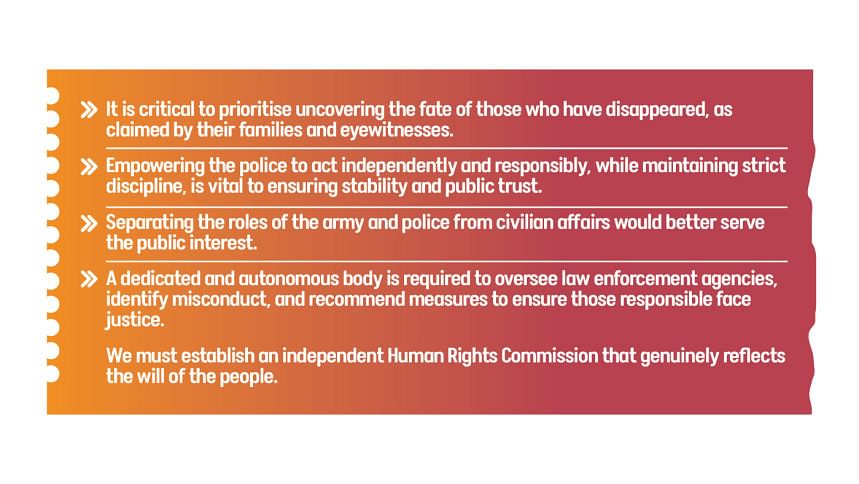
Now, it is critical to prioritise uncovering the fate of those who have disappeared, as claimed by their families and eyewitnesses. The fundamental question remains: Are they still alive? Answering this is a crucial human rights task. Additionally, allegations of extrajudicial killings and the experiences of those who returned alive after being disappeared must be thoroughly investigated. Those responsible—whether the prime minister, president, chiefs of law enforcement agencies, or other officials—must be identified and brought to justice. A fair and transparent trial is necessary to ensure accountability and send a strong message to society, state leaders, and law enforcement agencies that no one is above the law. This would deter future violations and establish a precedent for justice.
Another pressing issue is restoring discipline within the police force, which, over the past 15 years, was frequently used as a tool of oppression against the people. The police force is still reeling from the setbacks caused by this misuse of power. To improve law and order and serve the public effectively, reforms are essential. Empowering the police to act independently and responsibly, while maintaining strict discipline, is vital to ensuring stability and public trust.
The prevailing sense of uncertainty among the populace also demands urgent attention. People are unsure about the future, and it is imperative to provide them with hope and a clear roadmap. Recent statements from certain individuals have only added to this uncertainty, creating confusion instead of reassurance. It must be emphasised that the current government is temporary and that a durable solution lies in forming a government through free and fair national elections. This process should be expedited to restore stability and confidence among the people.
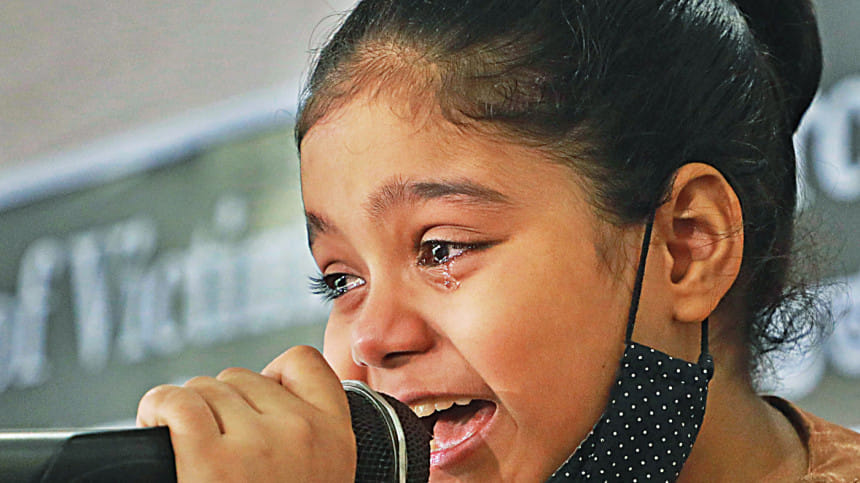
At the same time, ongoing reforms must continue, and political parties must commit to consensus-building and establishing a shared vision for progress. One critical area of reform is the balance of power between the president and the prime minister. Without this balance, there is always a risk of reverting to authoritarianism. Achieving this equilibrium will be essential to fostering democracy and preventing the re-emergence of fascism.
TDS: How can we prevent human rights violations carried out under the pretext of national security concerns, such as combatting drugs and militancy? What is view on abolishing the RAB?
NKL: For a long time, people have been harassed and persecuted under the guise of "national security," while members of law enforcement agencies operate without accountability. This must change. We need a clear and precise definition of national security—what constitutes a breach and what does not. Furthermore, the military should focus solely on its designated areas of responsibility, while the civil administration must function independently in its own domain. Separating the roles of the army and police from civilian affairs would better serve the public interest.
Those who established the RAB and allowed it to operate unchecked, using it for killings and abductions, must be brought to justice. Justifying such actions by citing "necessity" does not excuse the killing of citizens by an agency that blended military and police functions. The respective governments must take responsibility for the actions of these agencies and ensure accountability.
Certain tasks must be addressed permanently. For example, there is an urgent need for an independent body to monitor police activities. This cannot be adequately handled by the Human Rights Commission alone, especially as such bodies are often not empowered to operate independently. A dedicated and autonomous body is required to oversee law enforcement agencies, identify misconduct, and recommend measures to ensure those responsible face justice.
TDS: Could the Digital Security Act remain a tool for repression despite reforms?
NKL: The potential for oppression under the Digital Security Act still exists, and a thorough review is needed to ensure that no law undermines people's rights or facilitates persecution. Such laws must be identified and repealed.
TDS: How do you evaluate the current situation, especially police case handling and the rise of mob justice?
NKL: Unfortunately, even today, after arrests are made, reports of harassment and deaths in police custody continue to surface. In Bogura, the deaths of four political activists have raised serious concerns. We still hear about the persecution of minorities, though its extent may vary, and many such incidents are politically motivated. However, no such violation should occur. Human rights should have been fully protected since the 5th of August, yet people are still being killed or harassed under the guise of mob justice.
Another concerning trend is the exploitation of student deaths in recent uprisings, with individuals falsely implicated in killings for personal or political gain—an open secret. These actions neither reflect a democratic state nor a commitment to human rights. When a person is brought before the court, the state must ensure their protection, rather than subjecting them to kicks, torture, egg-throwing in court, or attacks while seeking medical treatment in hospital. Such actions are intolerable and must be prosecuted. Those responsible must face trial.
TDS: The plan to establish a UN Human Rights Office in Dhaka was abandoned. How do you evaluate this decision?
NKL: I hope the government reconsiders establishing a UN Human Rights Office in Bangladesh. We must reflect on the incidents that have taken place here, as their repercussions will be long-lasting. Investigations and trials will require substantial time and effort. There is an urgent need for formal assistance from international bodies, particularly in light of the killings, abductions, and persecutions over the last 16 years, including those that occurred during the recent 36-day period. We need forensic evidence, expert involvement, and expanded collaboration. Given our limited resources, seeking international support—especially through the UN—would be the most effective course of action.
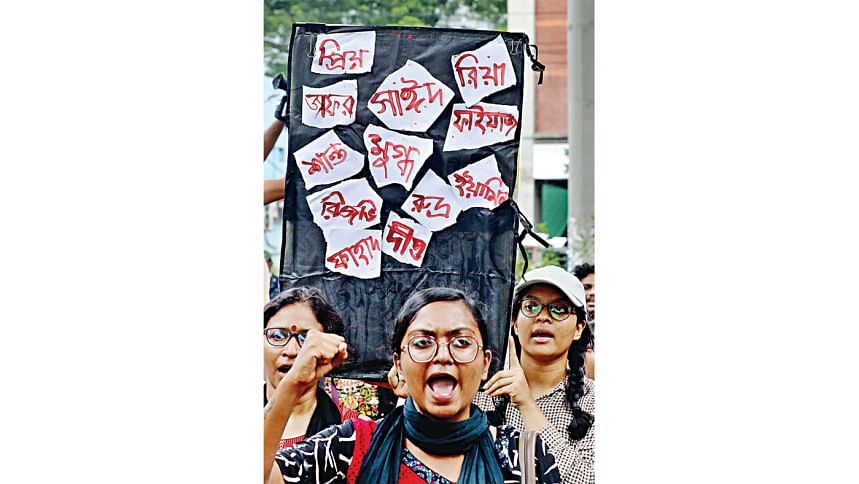
TDS: Why was the National Human Rights Commission (NHRC) ineffective during widespread human rights violations, and how can it become a true watchdog?
NKL: The human rights commission has never been allowed to function independently. Successive governments have consistently interfered by appointing individuals who blindly supported their agendas. The commission has lacked both the environment and the resources necessary for effective operation. We must establish an independent Human Rights Commission that genuinely reflects the will of the people. This is a critical issue, but it can only be achieved if there is no government interference in its work.
This interview was taken by Priyam Paul.

 For all latest news, follow The Daily Star's Google News channel.
For all latest news, follow The Daily Star's Google News channel. 



Comments